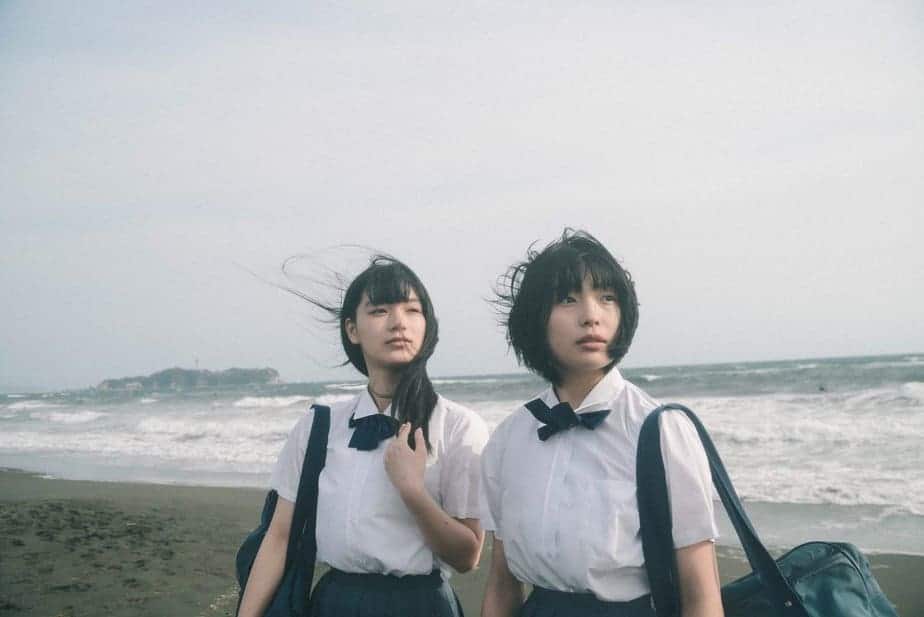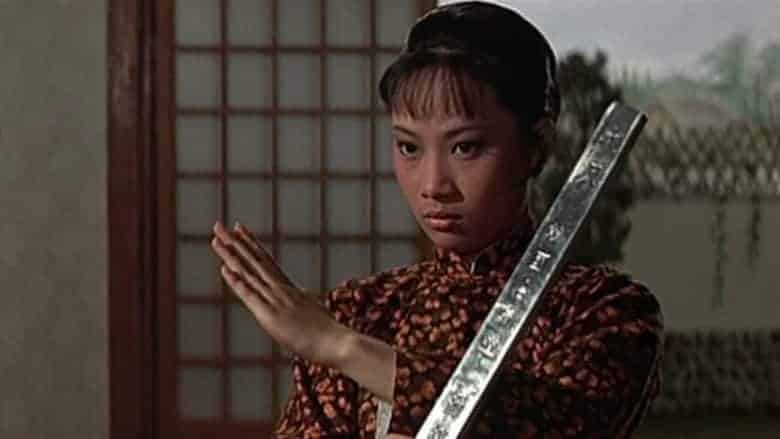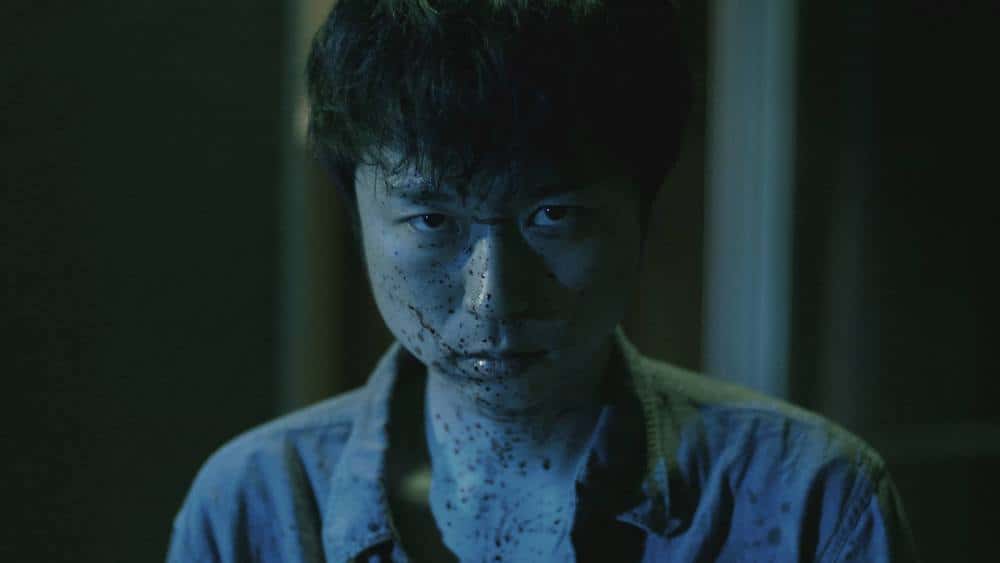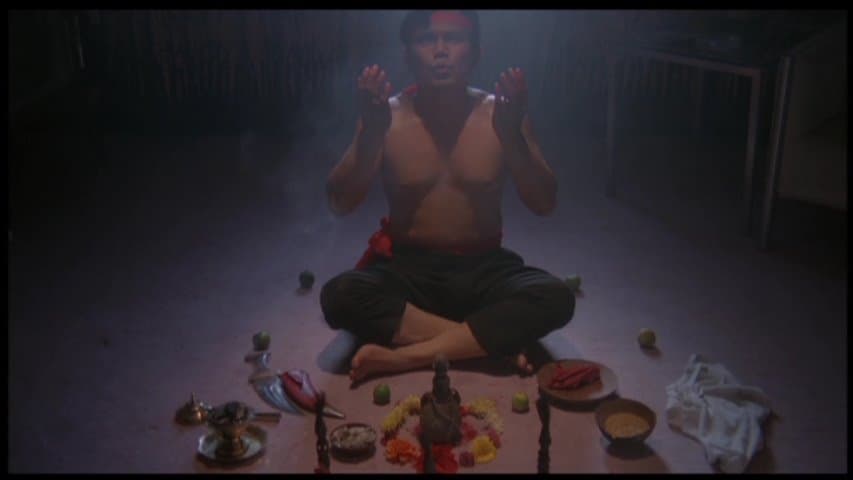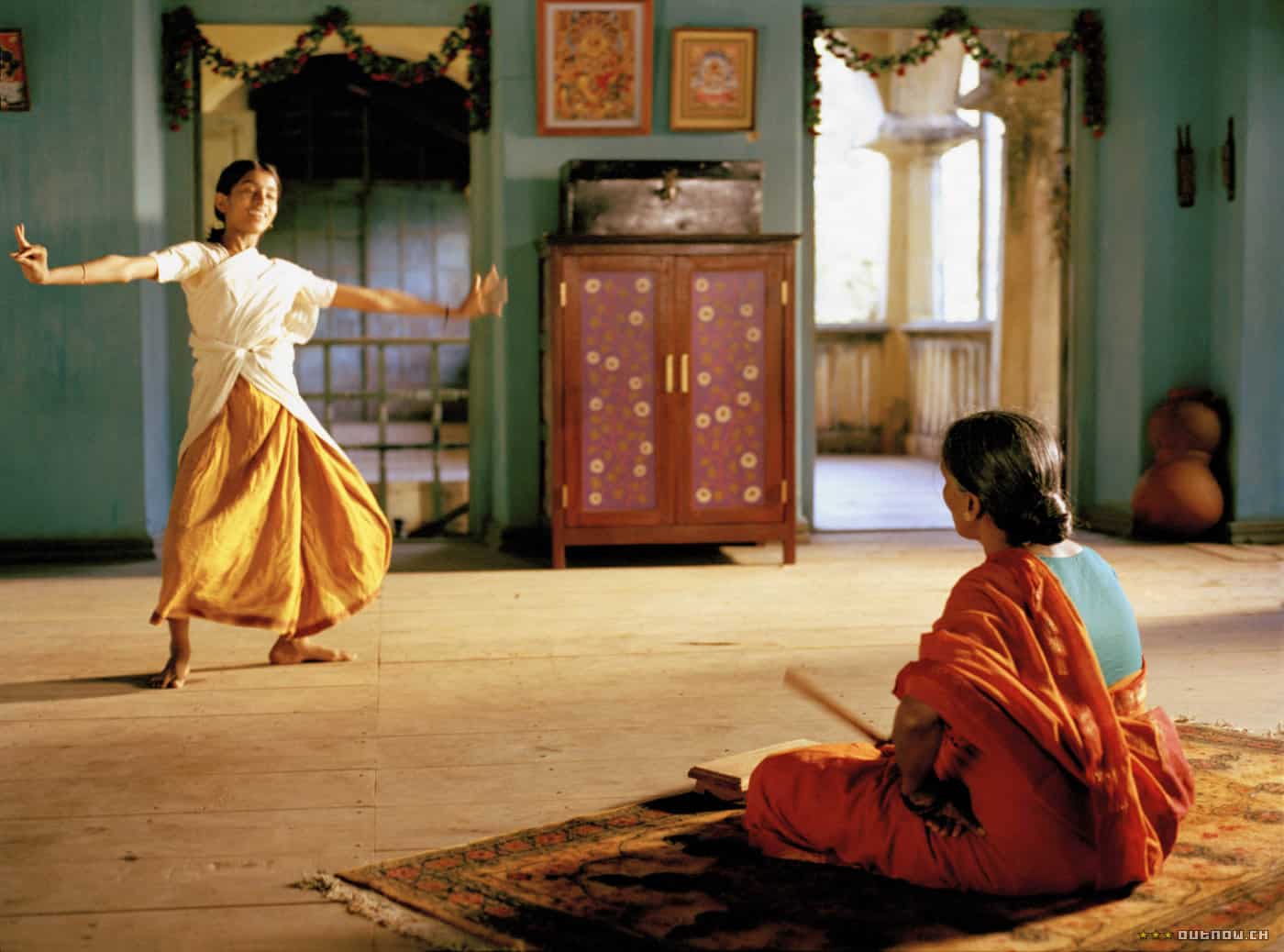Classroom dynamics in the wake of a tragedy are ably explored in director Yuho Ishibashi's “Sayounara”. It is based on a SNS manga of the same name by the artist Gomen and retains some of the original characters while expanding the world of the manga to suit the feature length format.
In a quiet coastal town lives Yuki, an ordinary high-school girl who likes doing what most girls her age like to do. She is not completely reserved but likes to mingle only with the people she gets along with. Her best friend is Aya, who she's known for years and who one day, while on their after-school stroll on the beach, announces that she is moving to a different town and school and instinctively kisses Yuki. Yuki has still not collected her thoughts over the incident when she gets the news that Aya has passed away in what is being described as an “accident”. The tragedy prompts Yuki into being pretty much ostracised in her class, since a lot of her classmates didn't really like Aya for being popular among the boys, while Yuki herself searches for and grasps at any sliver of normalcy to return to her life.

“Sayounara” is, at its core, an excellent case-study into the psychology of students in the modern era. It shows a tremendous understanding of its subjects, capturing the many behavioural traits of students through its various characters. As the rumours spread regarding Aya's death, the true nature of many of the students begin to come to fore, the queen bee who gets her minions to do her bidding and won't stop at anything to malign those she doesn't get along with, the weird, quiet one who might or might not have a secret they're hiding, the pushover, the infatuated, the many cliques are all present and well portrayed, adding to the realism. There is no attempt to explain or understand why these individuals are the way they are but any attempt to authoritatively and universally explore that would be redundant. Much like in real-life, they just exist and trying to understand would prove futile. The effects of the smallest gestures or inconspicuous words on an individual is also realistically shown.
Unlike a lot of the films that deal with a similar subject, Ishibashi isn't really interested in the actual death the story revolves around. In fact, her refusal to address the key question that lingers on the minds of the students and the audience alike regarding the death is almost frustrating. Instead, she just lets death be a catalyst to the chain reaction of events that bring out both the goodness and the ugliness within the students. She is also fixated on the process of grief and how everybody deals with it in a different way. For students especially, life cannot stop even after a life-changing event like this. You still end up going to the same classroom, sitting in the same benches and going to the same places that you went with the deceased, every moment reminding you of them, while listening to those around you talk all sorts of stuff about someone you cared for. In contrast, the grieving process of one of the few adults in the film, the mother of her classmate Keita, who has shrunken in a cocoon of her own since the passing of her husband, stands out starkly.

The cast of “Sayounara” is comprised mostly of young actors and is of rather fine quality, their naturalistic performances bringing further realism. Most of the heavy lifting falls on the shoulders of Haruka Imou, who is wonderful as Yuki. She doesn't always communicate with words and when she doesn't, her expressions convey a unique naiveness and confusion that is both endearing and sympathetic. Kirara Inori's Aya isn't on-screen as much as you'd like her to be, but she still manages to impress in the limited time afforded to her. Her presence often reminds of Nana Komatsu and no, it doesn't just have to do with the many beauty marks on her face too. Amon Hirai is equally competent as Keita, the boy with the crush on Yuki. Shu Hagiwara's cinematography has an appealing pastel, almost washed out look for the most part of the film, but the same look also causes some of the in-class scenes to be an eyesore when they are backlit due to the huge windows in the classroom.
With a runtime of 86 minutes, “Sayounara” is not particularly long, but has a leisurely, almost art-house pace to it. Those with the patience for it will be rewarded with a strong debut feature film that tackles a real-world situation authentically and reverently.


